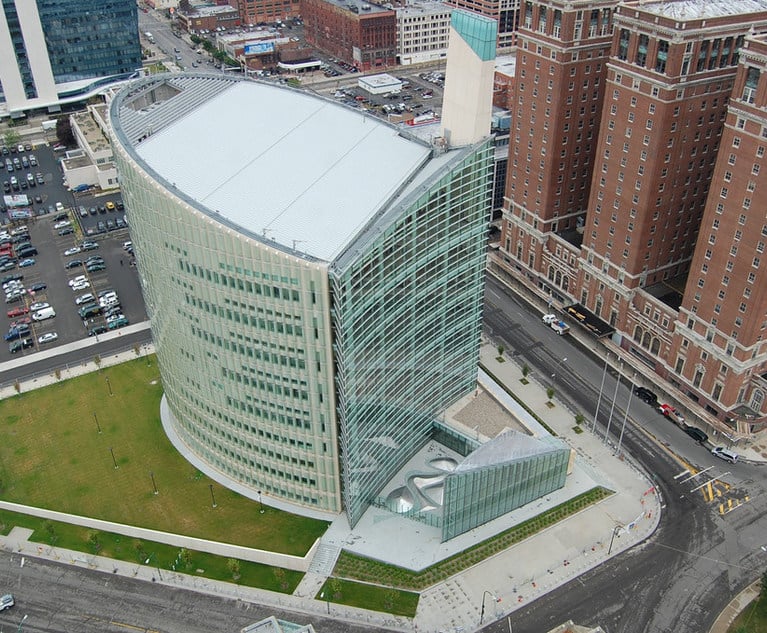Proof of a “quid pro quo,” giving something of value in return for a specific action, is central to federal public corruption prosecutions. In recent years, cases have tended to focus on the “quo” part of the exchange—that is, the act a public official takes in return for the “quid.” See generally Elkan Abramowitz and Jonathan S. Sack, Limiting the Reach of the Supreme Court’s ‘McDonnell’ Decision, NYLJ (Oct. 1, 2019). The Supreme Court’s adoption of a narrow definition of “official act,” in McDonnell v. United States, 136 S. Ct. 2355 (2016), turned out to have a significant impact on public corruption cases, for example, the Second Circuit’s partial reversal of convictions of former New York State Assembly Speaker Sheldon Silver. See United States v. Silver, 948 F.3d 538, 545 (2d Cir. 2020).
In contrast, some recent prosecutions have drawn attention to the “quid” part of the equation—that is, the thing of value a public official receives in return for a corrupt official act. These prosecutions, alleging benefit beyond the traditional receipt of money or other gifts, have led to interesting questions regarding whether, and under what circumstances, the enhancement of a public official’s political power and patronage amount to an improper “quid.”


 Elkan Abramowitz and Jonathan Sack
Elkan Abramowitz and Jonathan Sack




